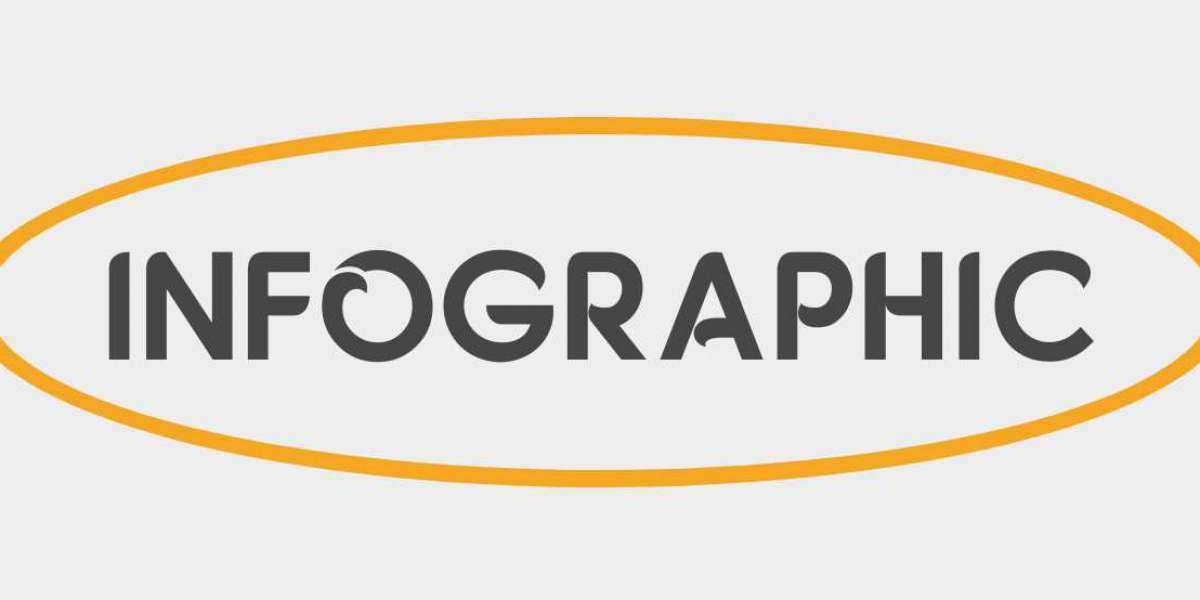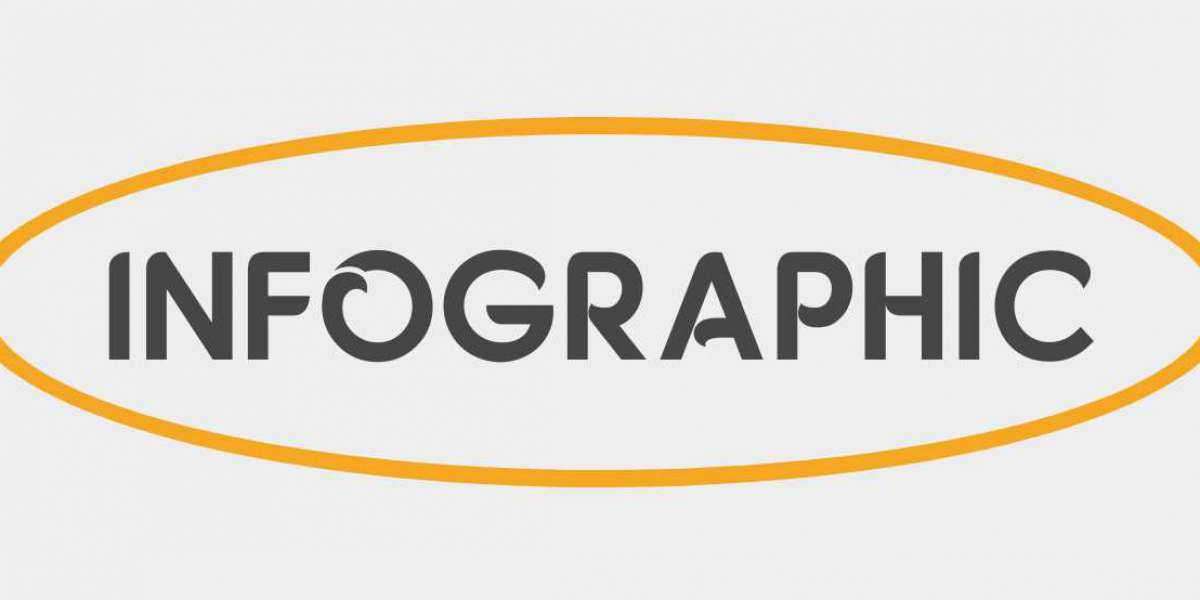One of the most effective ways to ensure security in digital transactions is through the use of Digital Signature Certificates (DSCs). This article explores the future of digital payments and the pivotal role that DSCs play in securing these transactions.
Understanding Digital Payments
Digital payments encompass a broad range of financial transactions conducted electronically, eliminating the need for physical cash or checks. This includes online bank transfers, mobile wallets, contactless payments, and cryptocurrencies. The rise of e-commerce, mobile banking, and peer-to-peer payment platforms has made digital payments a crucial component of the global economy.
Advantages of Digital Payments
- Convenience: Digital payments allow users to make transactions anytime, anywhere, without the need for physical cash or banking hours.
- Speed: Transactions are processed almost instantaneously, reducing waiting times for both consumers and businesses.
- Cost-effectiveness: Digital payments often incur lower fees compared to traditional banking methods, particularly for cross-border transactions.
- Enhanced Tracking: Digital transactions provide a clear record of spending, making it easier for users to manage their finances.
- Accessibility: With the growth of mobile technology, digital payment systems are becoming increasingly accessible to populations in remote areas.
Challenges in Digital Payments
Despite the numerous advantages, the rapid growth of digital payments also presents significant challenges:
- Security Risks: Cybersecurity threats such as hacking, phishing, and data breaches are growing concerns for users and businesses alike.
- Regulatory Compliance: Different countries have varying regulations regarding digital payments, creating challenges for international transactions.
- User Trust: Many consumers remain hesitant to fully embrace digital payments due to fears surrounding security and privacy.
- Technological Barriers: Not all consumers have access to the necessary technology, such as smartphones or reliable internet connections, limiting the adoption of digital payments.
The Role of Digital Signature Certificates
To address the security challenges associated with digital payments, Digital Signature Certificates (DSCs) emerge as a critical solution. A DSC is an electronic document that serves as a secure digital identity for individuals and organizations, allowing them to sign documents and transactions electronically. It provides a level of assurance about the identity of the sender and the integrity of the message or transaction.
What is a Digital Signature Certificate?
A Digital Signature Certificate is issued by a trusted Certificate Authority (CA) and includes the following components:
- Public Key: This is a unique key that is used to encrypt data and verify the digital signature.
- Private Key: This key is kept secret by the owner and is used to sign documents and transactions.
- Certificate Authority Information: Details about the issuing CA, including its name and digital signature.
- Expiration Date: The validity period of the certificate, after which it must be renewed.
How Digital Signature Certificates Work
The process of using DSCs in digital payments involves the following steps:
- Signing: When a user initiates a transaction, they use their private key to create a digital signature on the transaction data. This signature is unique to the transaction and cannot be replicated.
- Verification: The recipient can use the sender's public key, along with the digital signature, to verify the authenticity of the transaction. If the verification is successful, it confirms that the transaction was initiated by the legitimate owner of the private key.
- Integrity: Any alteration of the transaction data after it has been signed will render the digital signature invalid, ensuring the integrity of the transaction.
Benefits of Using Digital Signature Certificates in Digital Payments
- Enhanced Security: DSCs provide a robust security framework for digital transactions, ensuring that only authorized individuals can initiate and authorize payments.
- Fraud Prevention: By verifying the identity of the sender, DSCs significantly reduce the risk of fraud and unauthorized transactions.
- Regulatory Compliance: Many jurisdictions require the use of DSCs for electronic transactions, making it easier for businesses to comply with regulations.
- Trust and Confidence: The use of DSCs fosters trust between parties in a transaction, as users can be assured of the authenticity and integrity of the digital payment.
- Efficiency: Digital signatures streamline the payment process, reducing the need for manual verification and paperwork.
The Future Landscape of Digital Payments Secured with DSCs
As the digital payments ecosystem continues to evolve, the integration of Digital Signature Certificates will become increasingly vital. Several trends are shaping the future of digital payments and the role of DSCs:
1. Increasing Adoption of Blockchain Technology
Blockchain technology offers a decentralized and secure framework for digital payments. DSCs can complement blockchain by providing identity verification and ensuring the integrity of transactions recorded on the blockchain. As blockchain adoption grows, so will the importance of DSCs in securing transactions.
2. Rise of E-Government Services
Governments worldwide are digitizing their services, including tax payments, license renewals, and public service applications. DSCs are essential for securing these transactions and ensuring compliance with legal requirements. As e-government services expand, the demand for DSCs will increase.
3. Growth of Fintech Solutions
The fintech sector is booming, with startups offering innovative payment solutions. Many of these platforms are integrating DSCs to enhance security and build user trust. As fintech solutions become more mainstream, DSCs will be a standard feature in digital payment systems.
4. Enhanced Mobile Payment Solutions
With the rise of mobile wallets and contactless payment methods, the need for secure digital transactions is more critical than ever. DSCs can be integrated into mobile payment platforms, providing an added layer of security for users. The future will see an increase in mobile payment solutions that leverage DSCs for authentication.
5. Focus on Privacy and Data Protection
As consumers become more aware of their digital privacy, there will be a growing demand for solutions that protect personal information. DSCs can help ensure that sensitive data remains confidential during transactions, addressing consumer concerns about data breaches and privacy violations.
6. Expanding Global Market
As digital payments gain traction globally, businesses will face challenges related to cross-border transactions. DSCs will play a crucial role in ensuring secure and compliant transactions across different jurisdictions and facilitating international trade.
Suggested read:- Digital Signature Certificate for Income Tax.
Conclusion
The future of digital payments is undoubtedly promising, with technological advancements and increased consumer adoption driving the industry forward. However, as the landscape evolves, so do the security challenges associated with digital transactions. Digital Signature Certificates stand out as a vital component in addressing these challenges, offering enhanced security, fraud prevention, and regulatory compliance.
As businesses and consumers increasingly rely on digital payments, the integration of DSCs will become standard practice. By ensuring the authenticity and integrity of transactions, DSCs will not only foster trust among users but also pave the way for a more secure and efficient digital payment ecosystem. The road ahead may be filled with challenges, but with the right security measures in place, the future of digital payments is set to be both secure and innovative.



